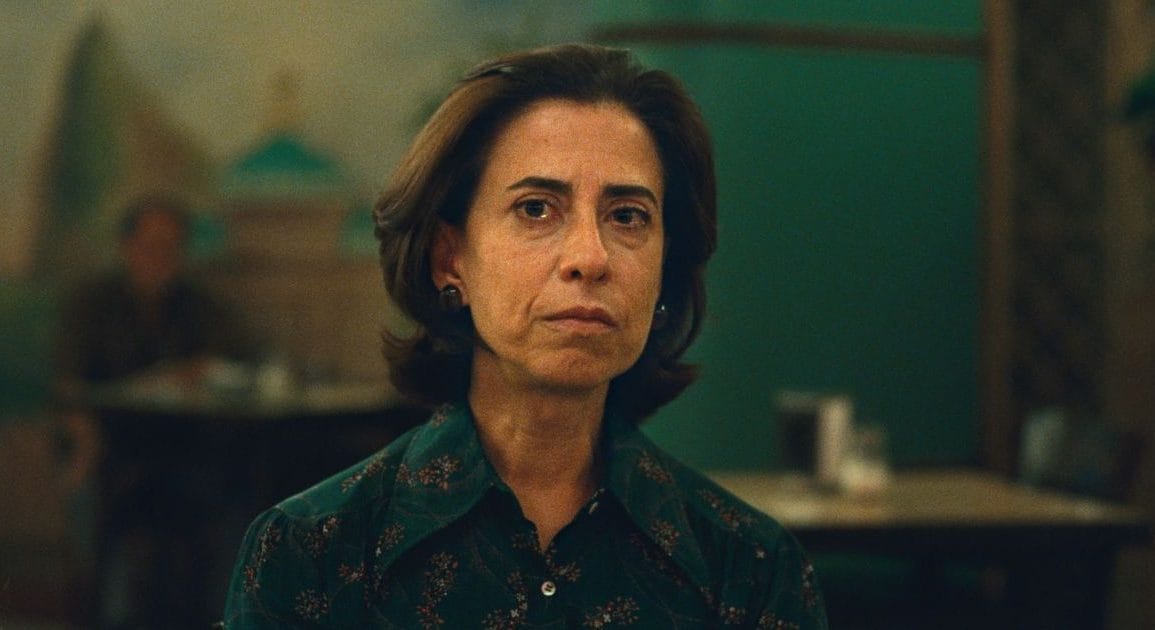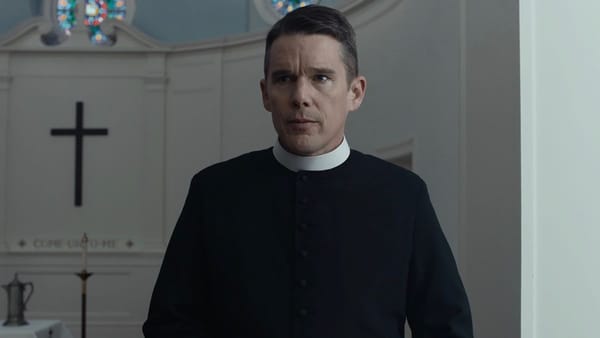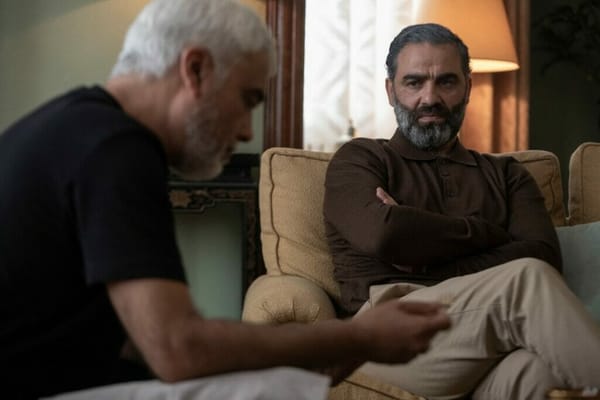Where memory refuses to disappear.

I approach films about authoritarianism from a very specific angle. I’m a Canadian born in a Romanian family, and my parents and extended relatives lived through Communism — the surveillance, the fear, the shortages, the disappearances, the state gaslighting, the silence that hung over everything. I grew up surrounded by those stories, so I don’t watch films like this with naïveté. I don’t come to them wide-eyed. I come to them informed and fully aware of how ordinary people get crushed under regimes that prefer them forgotten. And that’s why I’M STILL HERE hits as hard as it does.
This film does not over-dramatize history, nor does it try to “balance perspectives.” It understands that when a dictatorship decides someone shouldn’t exist, the violence that follows is both intimate and systematic. It centres on Eunice Paiva, whose husband Rubens Paiva — a Brazilian politician — is kidnapped, tortured, murdered, and then erased by the state. No body. No confirmation. Just absence, bureaucratized and weaponized.
If you come from a family touched by authoritarianism — whether Romanian, Chilean, Brazilian, Argentine, Russian, or Cambodian — you recognize that kind of erasure immediately.
The film’s greatest strength is its refusal to mythologize Eunice. She is not a saint, not a symbolic martyr, not a hyper-polished hero. She is exhausted, grieving, doubting, pushing forward on instinct rather than clarity. That’s what real survival under dictatorships looks like. Not heroics — persistence. Not victory — endurance.
The aesthetic is restrained. Still frames. Muted colours. Long silences. Domestic routines. Bureaucratic cruelty delivered without theatrics. It’s the everyday suffocation that rings true.
Dictatorships rarely scream; they whisper you into submission. The emotional damage spreads outward. Eunice’s children grow up inheriting absence as part of their identity. They feel the tension, confusion, and grief even when no one speaks it aloud. In my community, this is familiar — the generational impact of trauma that’s never fully named because naming it was once dangerous.
The film also grasps a truth many works avoid: authoritarianism never ends cleanly. Regimes fall, but their ghosts dig in. Institutions stay compromised. Truth stays contested. Wounds stay open. I’m Still Here never gives you the fantasy of resolution — because reality didn’t.
I'M STILL HERE is the voice of someone who refuses to be erased alongside the man she lost. It’s the stance of every family who survived — Romanian, Brazilian, or otherwise — insisting: “I remember what you tried to do. And the fact that I can speak it aloud now is its own justice.”
For a Canadian-born viewer like me — raised in safety but carrying the inherited gravity of what my family lived through — the film resonates on two levels: the intellectual understanding of historical violence and the emotional memory passed down through stories, scars, and silence.
I’M STILL HERE doesn't want to be inspirational. It wants to be honest. It wants to hold the line against forgetting.
And in an era where revisionism keeps sneaking back into mainstream discourse, films like this become necessary — not as entertainment, but as proof.




